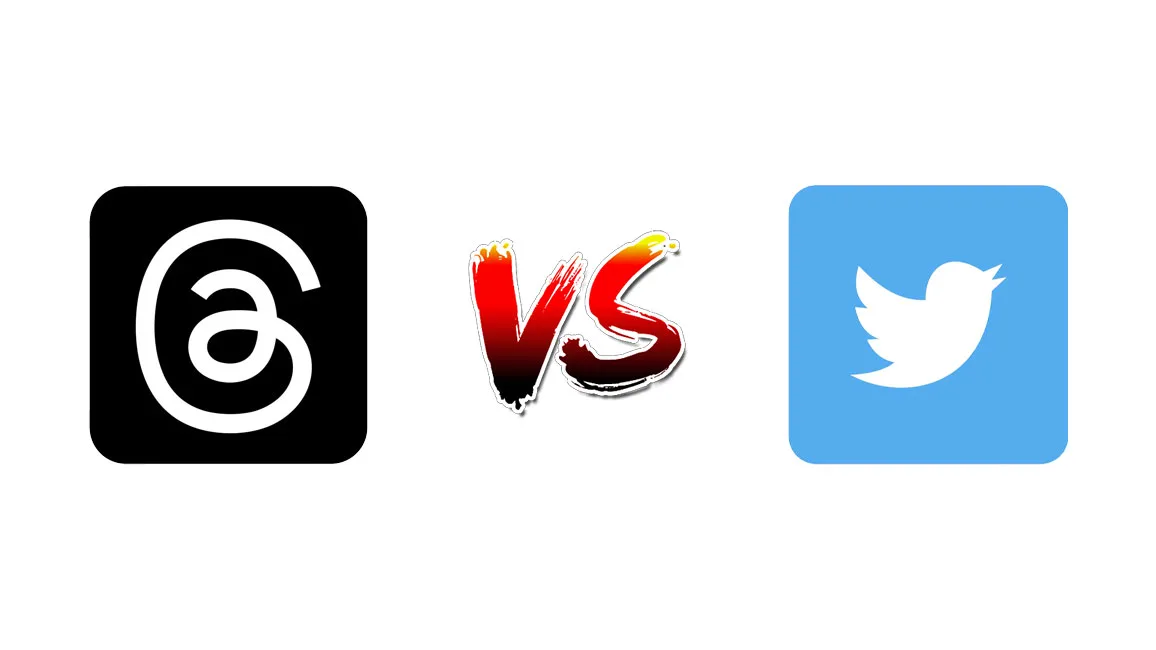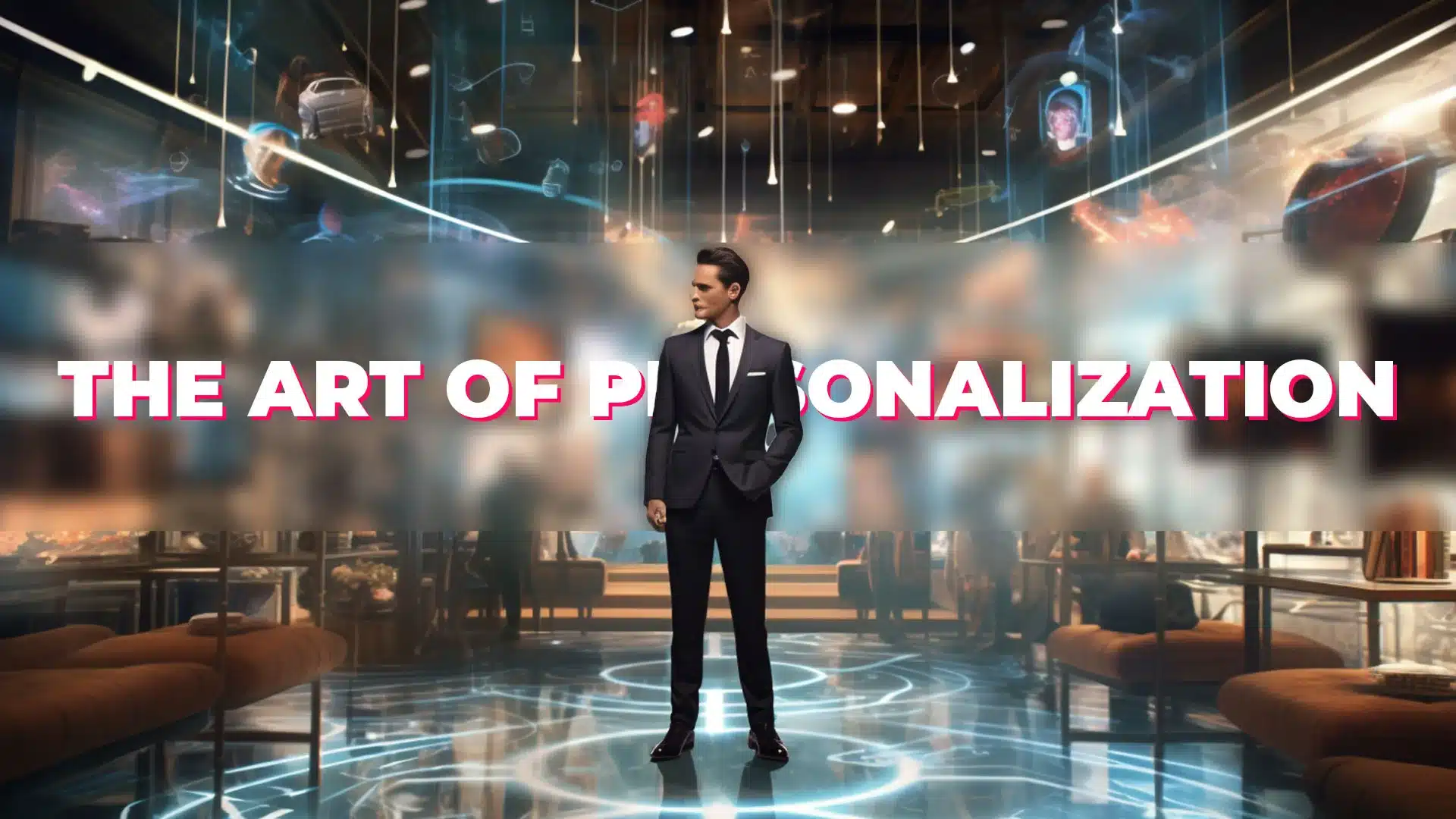The announcement that World of Concrete in Las Vegas would be held in a physical format this year was a much-awaited sign that the trade show industry is headed towards recovery. After a complicated 2020 when thousands of fairs and exhibitions were postponed or canceled and millions of euros were lost, we’re all looking forward to experiencing the magic and engagement of face-to-face events.
However, the trade show industry will not pick up where it left off in 2020. In the past eighteen months, the trade show industry, like many other fields, has undergone a disruptive process of digital transformation. New trends and presentation formats emerged, audiences got used to different types of interactions, and many events (some of them with a long and prestigious history) simply died out, leaving room for new ones with a fresher and younger approach.
In 2021, exhibitors find themselves faced with a changed industry. The trends started during the pandemic, such as webinars and virtual booths, will not go away any time soon and, at least for the foreseeable future, physical and digital will co-exist.
COVID-19 uncertainty will linger, leading to delays and cancelations
Although some trade show organizers have announced that they would hold the events in physical format this year, nothing is certain quite yet, and these events should be approached with cautious optimism. Despite the organizers’ best intentions, there’s still a lot of uncertainty because of COVID-19 and cancellations aren’t out of the picture just yet.
For example, after IFA Berlin, the world’s leading consumer electronics trade show was announced for September 2021, everyone wondered how they could do it. And, sure enough, due to factors outside of the organizers’ control, such as the rapid emergence of new COVID-19 variants and uncertainties regarding the speed of vaccinations around the world, IFA Berlin was postponed.
Other global technology trade shows, like MWC, announced that they would not cancel, but their future is uncertain, considering that the major telecom companies expected there decided to opt out and stick to digital-only exhibits. Implementing COVID protocols will take a while and, until it’s 100% safe, many companies will prioritize staff safety and finances. MWC had only been communicating about their live event up to May 2021, and finally decided to launch a hybrid version, following the resistance of most exhibitors and visitors who do not want to participate in a likely empty event. It’s also worth noting that many organizers are legally bound to propose a live event in 2021 after their 2020 cancellations. Otherwise, they would need to reimburse exhibitors subscription fees, which they cannot afford without risking bankruptcy.
Visitors and exhibitors are not only concerned of their safety but also wonder of the value of meeting live if safety measures are so strict that one cannot meet without masks and social distancing: are live guided tours offered by virtual booths then not a better option? What’s the point of meeting live if the experience is worse than meeting remotely via a virtual event and booth?
The future of the trade show industry is hybrid
The pandemic has accelerated innovation in the trade show industry, launching trends such as virtual booths, which can showcase products and services in an engaging way and erase geographical barriers.
When trade shows resume, many exhibitors will want to move forward with the digital or hybrid approach: attend only one or two events per year, and then join only virtual events. Many companies have never made such good business than in 2020, although they were not exhibiting at any live events: such companies start wondering how legitimate it is for their business to invest so much into live events if they can thrive only by using digital events and virtual booths
It might sound like an odd choice, but virtual events attract a vast audience that may not have the time or resources to travel for a live trade show. Plus, being an exhibitor at a physical trade show isn’t exactly affordable, and businesses still recovering from the crisis might not be so excited to spend so much when a virtual booth, which offers the same benefits, only comes at a fraction of the cost. Sustainability is also a concern: many exhibitors and visitors are more aware of the environmental impact of trade shows, especially with exhibit booths being discarded after a few uses, or booth equipment, products, attendees being transported from all over the world.
Then there’s the case of events that have converted to digital format indefinitely and haven’t stopped attracting audiences. Maintaining a strong digital presence is now a key component of branding, so businesses that want to cover all categories of audiences cannot afford to ignore digital alternatives. The nature of events has changed, and it’s highly unlikely that we will revert to a time where face-to-face events are the only way to reach leads.










